Gain a quality education in a culturally diverse society, and enjoy an experience like no other in Australia
Study in Australia (Australia Education Consultants) offers a diverse and high-quality education system with globally recognized institutions. Students benefit from a multicultural environment and vibrant campus life. Australia provides a range of courses and degrees, from vocational training to postgraduate research.
The country is known for its strong emphasis on research and innovation. Additionally, Australia offers generous post-study work opportunities and pathways to permanent residency. With its stunning natural landscapes and safe, friendly cities, students enjoy a high quality of life. Scholarships and financial aid are also available to international students, making Australia an attractive destination for education.
GOVERNMENT SCHOOLS
They are operated by a State or Territory government. Australian students normally do not pay substantial tuition fees to attend these schools. International students and the children of international students are required to pay fees. They address a variety of social and cultural philosophies.
NON-GOVERNMENT SCHOOLS
They are not owned or operated by a State or Territory government. International students usually pay higher tuition fees than domestic students. They may have a particular religious or cultural philosophy, which is clearly reflected in the student experience.

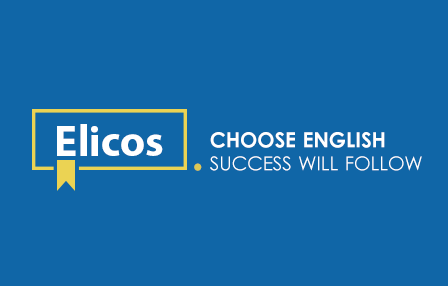
Australia offers a wide range of ELICOS courses designed to meet the varying needs of students with different reasons for learning English. Full-time ELICOS courses tend to have these features:
Often ELICOS courses are taken in sequence with formal courses of study in other sectors. They are packaged together with one or more courses. Sometimes these further courses are offered at the same institution.
There are five major categories of English language courses generally offered in Australia to international students:
Those international students who doesn’t meet the language proficiency requirement by mimimum score often needs to persure the degree starting from the English for Academic Purpose.


Australia’s Vocational Education and Training (VET) sector offers a large variety of qualifications for students with a strong practical orientation.
VET students are typically:
There are 43 Australian universities, of which 2 are private (Bond and Notre Dame). In addition, Carnegie Mellon and University College London have a campuses in Adelaide, South Australia.
As the main campuses and administrations of these university are established in Pennsylvania, USA and London UK respectively; we consider them as non-Australian universities.
Many Australian universities have overseas branch campuses, twinning arrangements and exchange programs for students and teaching staff worldwide.
Australian universities have around 7000 agreements with universities (and similar institutions around the world).
Australian Universities have three primary roles:

8 out of 100 Top Universities
5 out of 30 best student cities
22,000 course options in about 1,100 institutions
9th in the World University ranking system
200,000,000 annual government investment
2,500,000 International Alumni
15 Nobel Prize Laureates in different Stream

International students are charged tuition up front- this means they must pay certain amount (not more than 50% of the total tuition fees for a course) before the visa stage. In addition to tuition, some institutions may charge laboratory fees, student union fees, library fees and sports facility charges. (source ESOS Act Division 2-Tuition fees).
Foundation Studies:
$A9000 – $A14,000 a year Approx.
Undergraduate Bachelor Degree:
$A15,000 – $A33,000 a year Approx.
Laboratory-based Bachelor Degree:
$A14,000 – $A35,000 a year Apporx.
Postgraduate Graduate Certificates Graduate Diplomas:
$A20,000 – $A37,000 a year Approx.
Masters Doctoral Degree:
$A20,000 – $A37,000 a year Approx.
Many private schools offer boarding options. Students are fully catered for whilst they board with their meals, cleaning and laundry being part of the services offered.
Boarding house residents also have access to the school facilities to assist with study and social activities. Tuition fees must be added to the boarding fee range shown.
Cost: A$8,000-A$11,000 per year

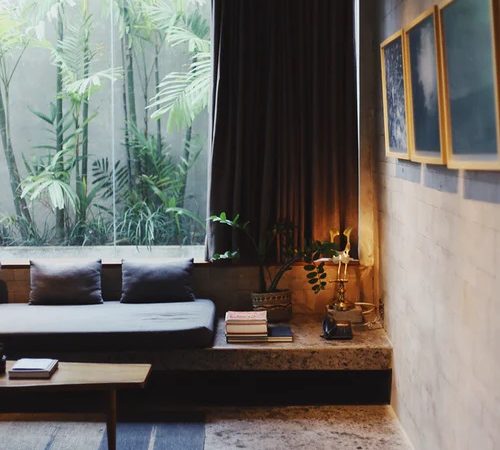
Homestay and farmstay are where the student lives with an Australian family in their house. Generally some or all meals are included. It can be an easy entry to Australia for young students and is a popular option for those attending high school or ELICOS courses.
Homestay is accommodation within a city whereas farmstay is housing in a rural area. Your housing office will have a list of suitable potential families.
Cost: A$110-A$270 per week
University residential colleges provide accommodation along with all meals, cleaning and a wide range of support services for both social and study needs.
They are generally more expensive than Halls of Residence because of the wide range of facilities offered.
Cost: A$190-A$280 per week

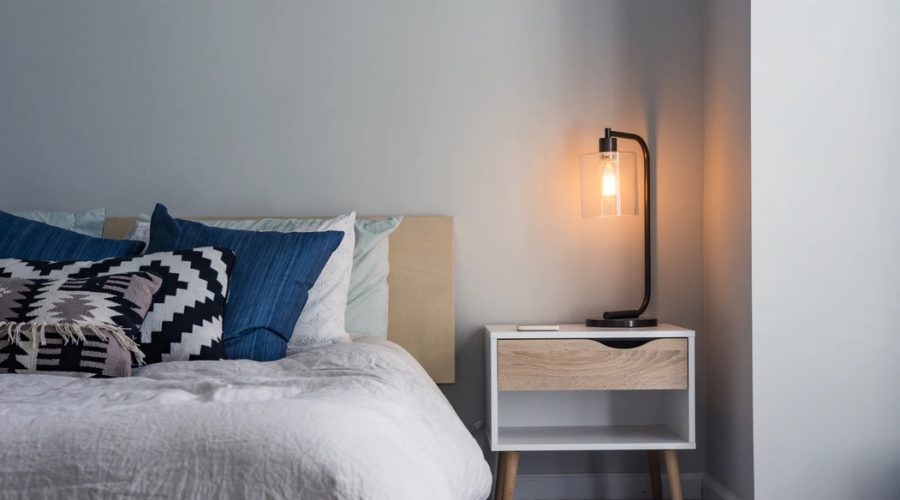
University halls of residence offer accommodation also but with a lesser range of services attached. Some meals and cleaning will generally be included but there may also be self-catering facilities.
This form of accommodation is very popular, especially with first year students and will have to be booked well in advance of your arrival in Australia.
Some universities also have a range of apartments, either close to or on campus. These can be rented and provide the security of university based and run accommodation with the increased autonomy of share living. Apartments are generally popular with students in the later years of their degrees.
University accommodation prices and options vary between different institutions and all students should contact the international office of their prospective university for full details. Due to the popularity of these choices it is important to apply early.

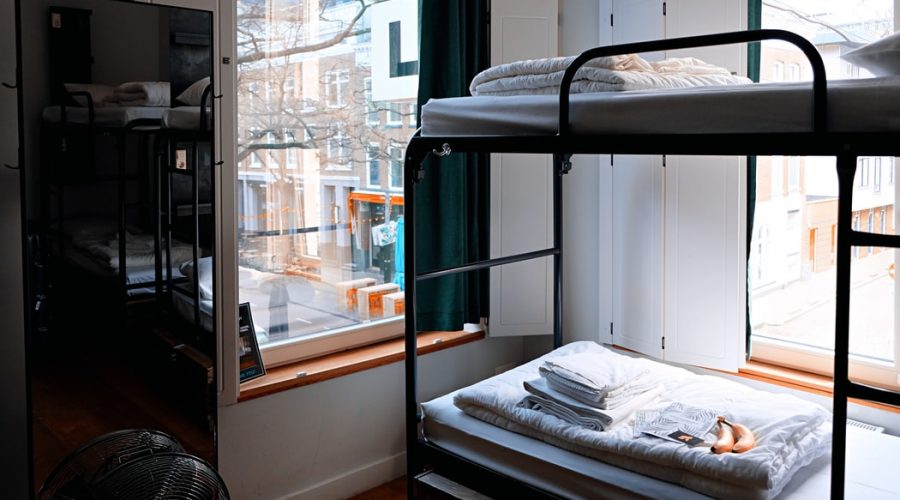
This option can be cheaper than university accommodation and shares many of the attractions. It is available for both tertiary and non-tertiary students. Residents share kitchen and bathroom facilities and cater for themselves.
Cost: A$80-A$135 per week
Share accommodation is advertised on student notice boards, in housing offices and in the ‘Share accommodation’ section of newspapers. Advertisements will appear for one or more people to share a house or a flat where a lease has already been taken out.
Many students prefer to move into share accommodation after a year or two of on-campus residence. Students are generally expected to provide some (or all) of their own furniture.
Cost: : A$50-A$160 per week


Rental accommodation is the same as share boarding except that it involves finding a residence to rent, rather than moving into one that has already been leased. Once again, students are generally expected to supply their own furnishings.
Rental agreements require payment of rent in advance and a security bond to be paid at the start, which is usually equivalent to one month’s rent. Your housing office will be able to assist with finding rental accommodation and your rights as a tenant.
Cost: : : A$70-A$350 per person per week
Though, the documents vary depending on the course, provider and qualification you’re applying for. The most important documents include:
When applying for a visa, If the document checklist indicates that the student must provide evidence of their financial capacity, the student must attached the evidence they have enough money to cover costs and expenses including 12 months of their course fees (source: https://immi.homeaffairs.gov.au/visas/getting-a-visa/visa-listing/student-500#HowTo)
If accepted institutions sends the letter of acceptance to the applicants, Letter of acceptance is the contract between applicant and the institution. It sets out the course that applicant will be enrolled in, enrollment conditions, the fees, and the refund payable if applicants don’t complete the course with that provider.
This contract is very important, if applicant don’t start the course, or finish your course, this written agreement will be used to determine if they will receive a refund.
After the have accepted the Offer and paid the deposit they will receive an ‘Electronic Confirmation of Enrolment’ (eCoE) by email. This will outline course start date, total course fees and how long the course will run for.
Application to Australian Universities can be lodged in two ways:-
Since the SSVF took effect from July 1, 2017, there has been a single student visa (subclass 500), regardless of the applicant’s chosen course of study, whether it is high school, higher education, vocational education, English language or PhD.

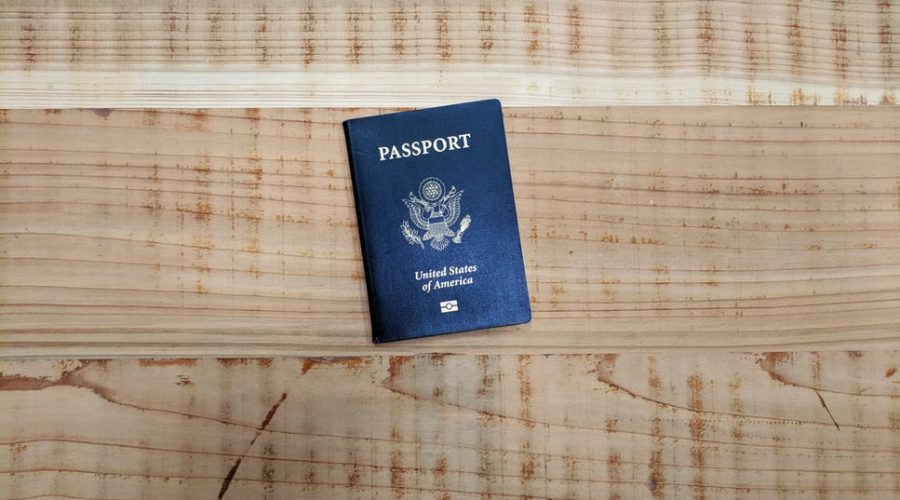
If the students are issued study visas under the Simplified Student Visa Framework (SSVF), they need to comply with:
Upon arrival in Australia, the student must update the Education Provider regarding the address & other details.
Need to attend regularly and progress each semester. The students are able to work 40 hours a fortnight throughout the semester.
Students cannot transfer to another SSVF provider until they have completed 6 months of their principal course (i.e. their last course if they have a package of courses) that they can’t transfer to a non-SSVF provider or to a vocational course).
Their Enrolment will be canceled if they don’t come or come only occasionally. If their Enrolment is canceled, it is impossible for them to transfer to another provider. You must maintain your Overseas Student Health (OSHC) cover while in Australia You must leave Australia before your visa expires
Once you complete your studies in Australia, you will receive a Post Study Work visa for 2 years. The Temporary Graduate visa (subclass 485) allows graduates to work in Australia temporarily after they finish their studies. It has two streams: the Graduate Work stream and the Post-Study Work stream.
The Graduate Work stream is for international students who graduate with skills and qualifications that relate to an occupation considered in demand in the Australian labor market, as indicated in the Skilled Occupation List (SOL). A visa in this stream is generally granted for 18 months.
The Post-Study Work stream offers extended options for working in Australia to eligible graduates of a higher education degree. Under this stream, successful applicants are granted a visa with a visa period of two, three or four years’ duration, depending on the highest educational qualification they have obtained
